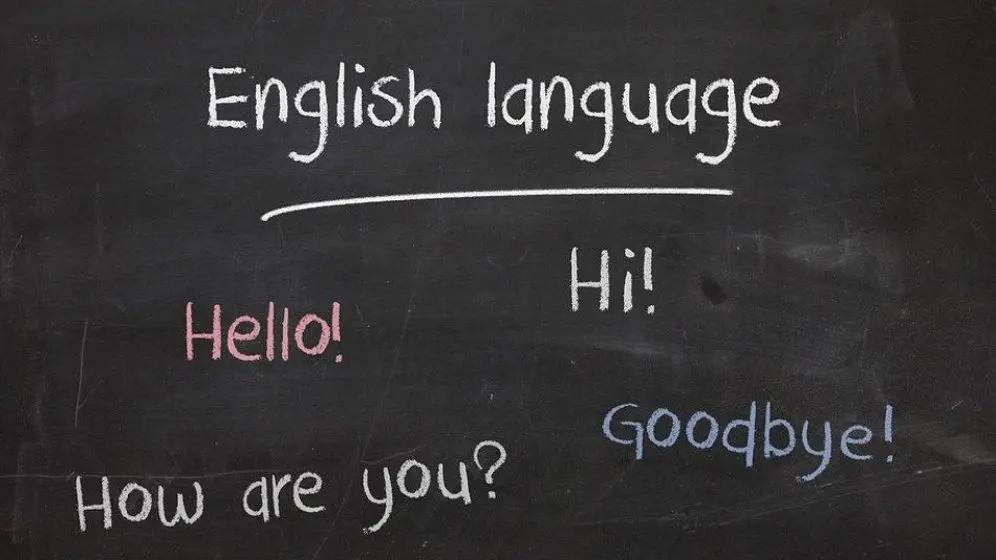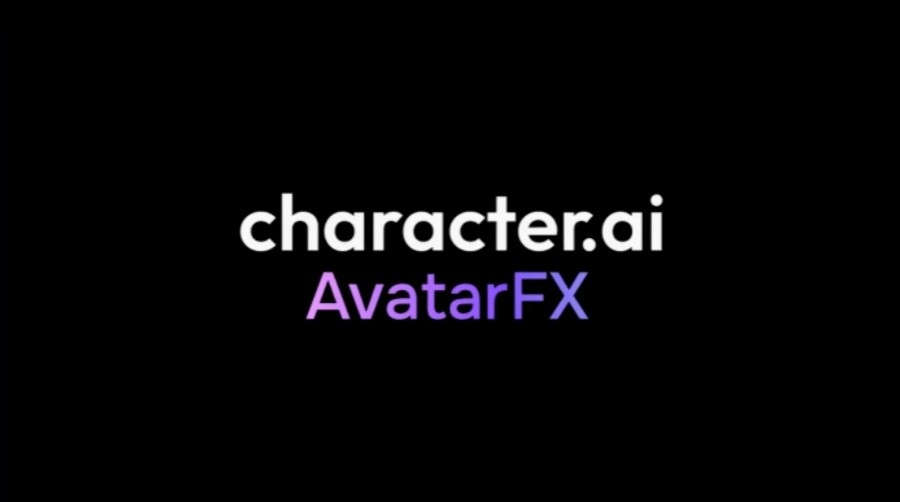
Does learning AI require learning English first? The answer is not absolute. Although English proficiency is not a hard threshold for getting started with AI, it does provide many conveniences in the learning process.
For beginners, especially those who just want to experience and use AI tools, a weak English foundation will not pose a big obstacle. Just like the liberal arts student example you mentioned, even if you don't understand code or English, you can still register and try various AI tools, and learn and achieve results in practice. This shows that even without a basic knowledge of English, you can still have initial contact and experience with AI.
However, as learning progresses, the importance of English gradually becomes apparent.
The following is the important role English plays in AI learning:
Obtain cutting-edge information: Currently, most of the latest AI research papers, technical documents, open source code libraries, and industry trends are presented in English. Being proficient in English means having direct access to the most cutting-edge AI knowledge and technology, avoiding lags and deviations caused by translation.
Understand technical documentation and code: The official documentation, tutorials, and sample codes of many AI tools and frameworks (such as TensorFlow, PyTorch) are all in English. Good English reading skills can help you understand these resources more accurately and develop and debug better.
Participate in international exchanges and communities: AI is a global field, and many important conferences, workshops, and online communities use English for communication. Mastering English allows you to better participate in international cooperation and exchanges, and interact with AI experts and enthusiasts around the world.
Assisted learning and improvement: Some AI tools themselves also provide English learning functions, such as AI-driven oral practice tools, grammar checking tools, etc. These tools can help you improve your English while learning AI, forming a virtuous cycle.
Summarize:
English is not a requirement for learning AI, but it is definitely a powerful booster. If you just want to get a preliminary understanding of AI or use some simple AI tools, then a weak English foundation will not prevent you from getting started. However, if you hope to delve into the theory and technology of AI, participate in cutting-edge development and research, or communicate with international colleagues, then good English skills will open up a broader world for you.
Therefore, it is recommended to decide whether you need to strengthen your English learning based on your own situation and learning goals. If you plan to delve into the field of AI, improving your English as early as possible will get twice the result with half the effort. Even if you only have initial contact with AI, consciously contacting some English resources during the learning process will be helpful to your learning.
In short, don’t be afraid of AI because your English is not good, but don’t ignore the important role of English in AI learning. Think of it as a aid, not a hindrance.



